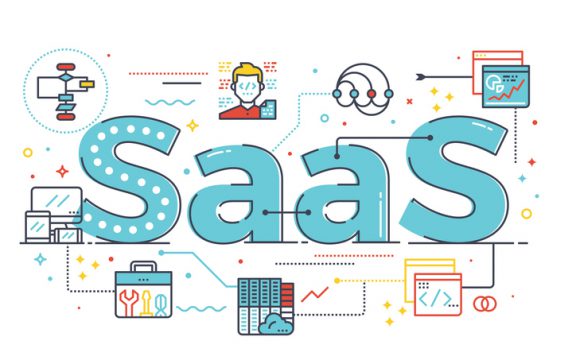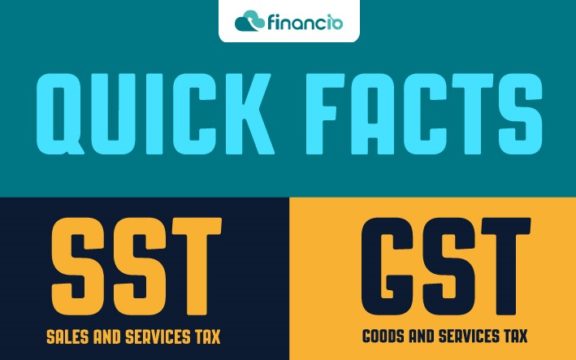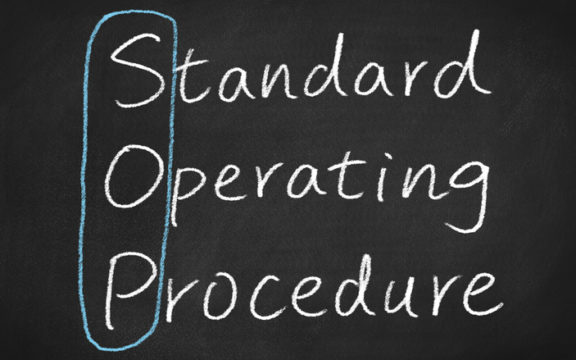Managing a small to medium enterprise is more than just stocking your inventory and generating sales. It also means recording and managing your business’ finance. Good bookkeeping practices allows businesses to identify financial risk, understand business profitability, and find areas to optimise and boost revenue generation.
SMEs can manage their business effectively and efficiently, by applying the following bookkeeping tips. In this post, we are sharing the top 8 tips on effective accounting so your business can operate at its full potential. Keep reading to learn more.
1. Choose a Bookkeeping Method
Suppose you plan to manage your bookkeeping in-house rather than outsource to an accounting firm, you will need to decide whether to use single-entry or double-entry bookkeeping.
Single-entry bookkeeping requires only one record for each transaction. Financial dealings are recorded only in the asset column. This form of bookkeeping is suitable for small businesses.
Double-entry bookkeeping involves entering each and every transaction into at least two accounts.. Each transaction is recorded as a debit entry in one account and a credit entry in another account.
2. Record All Transactions
To know what’s happening to your business’ cash flow, you have to keep track, and record all the transactions. It’s crucial that each debit and credit transaction is recorded correctly when it occurs Do not miss out on any transaction you will not be able to balance the books. Omitting transactions will make business financial visibility a mess.
3. Record All Expenditures Separately
Many SMEs owners record their expenditures all into one place. Some of you do not separate personal expenses from business expenses. This practice is bound to bring you headaches and confusion when it comes to paying the right tax.
Once you’ve separate your personal and business expenditure proceed to decide on the relevant categories to apply. Recording your expenses by category will enable you to maintain your book easily and efficiently. For example,payroll and salary, stationery purchase, inventory expenses, and more. Small businesses need to have better control of operating costs to maximize cash flow and grow profit. This practice will give you a clearer insight into your profits and losses.
4. Automate the Accounting Processes
Jotting down the numbers from ledger to ledger can be tedious and error-prone. Moreover, it’s an ineffective, old-school way of working. Use a cloud-based accounting software to automate your bookkeeping process. Leverage on online banking to transact. Choose an accounting software that integrates with the bank, you can then connect your bank account with your accounting system.
This saves you time, money, and resources. In addition, cloud accounting software provides you a platform where your financial details can be stored safely. It simplifies data sharing, report generation, and you can access it anytime, from anywhere in the world.
5. Carry Out Regular Checkups
Automating the bookkeeping process doesn’t mean can just sit back and watch the software run on its own. A periodic checkup of the automated process lets you see what’s going on beneath the surface. It allows you to detect any issue that arises and make necessary changes before it balloons into a bigger problem.
How often you should conduct checkups depends on the industry. For most businesses, a quarterly checkup is ideal.
6. Pay Your Taxes
Paying taxes is an inevitable part of running a business. However, you may pay your taxes on time to avoid late-payment penalties. Filing your taxes is far quicker and simpler through a cloud-based accounting software. Some software comes with a reminder for tax preparation and filing too.
7. Make Monthly Profit and Loss Statements
To figure out whether a business is yielding profit, generate a profit-and-loss statement every month. This helps you identify points of vulnerability of your business and make modifications to set things right before it gets out of hand. With a cloud accounting software, generating P&L statements on a regular basis is breeze.
8. Consult a Professional
There are plenty of good accounting software out there, but setting up one may be complicated. In this case, your best bet is to consult a finance pro who is qualified to help you identify the best-fit accounting software for your business need.
The Bottom Line
Bookkeeping is a fundamental part of the daily work of SMEs. But one doesn’t need to be a calculus guru before they can utilise bookkeeping software to manage their small to medium enterprise effectively. With the tips above, you can improve your bookkeeping skills and steer your business towards the right trajectory. For more information, feel free to get in touch with us.
















































































































































